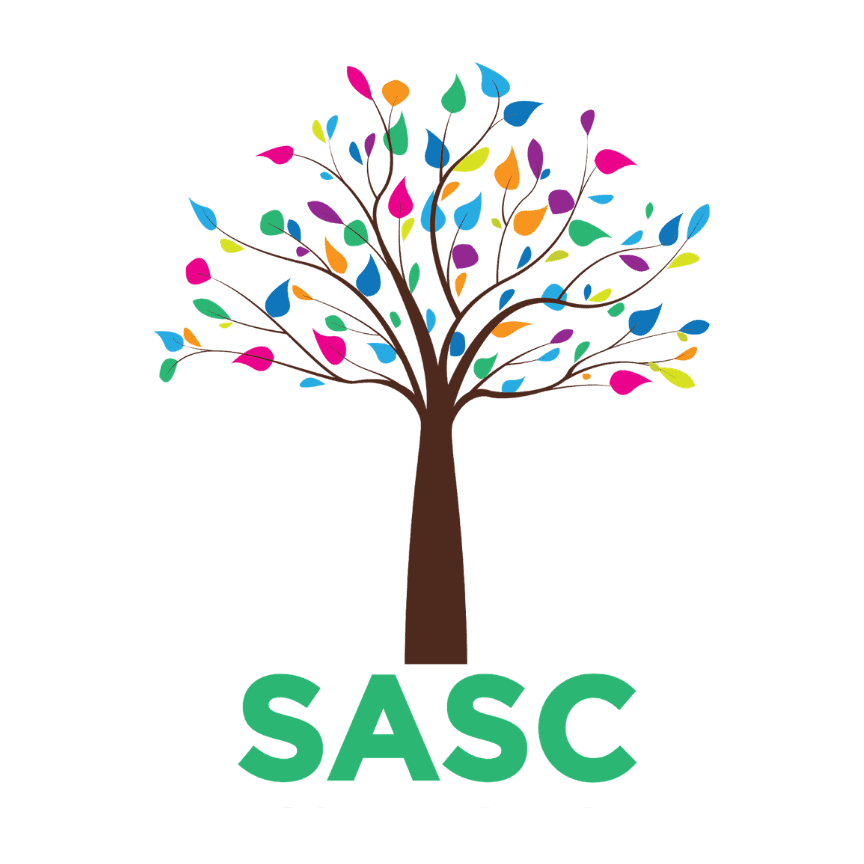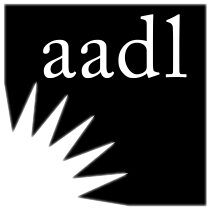September is National Senior Center Month! We’re celebrating by featuring a different senior center each week on the blog for the month of September. Senior centers play a huge role in our community by providing enrichment and entertainment during the workday, acting as a connector between community members and resources, and helping older adults age in place. We may have certain things come to mind when we think of senior centers, but no two are exactly alike. We’re finishing the series this week with an interview with Nancy Cowan, Director of the Saline Area Senior Center.
Senior Resource Connect: If you had to give an “elevator speech” about what your organization does, how would you describe it?
Nancy Cowan: Saline Areas Senior Center (SASC) is a 501(c)(3) organization that serves older adults, ages 50 and up. SASC offers a wide variety of free and paid programs and services to older adults of all interest and ability levels, including programs focusing on fitness, wellness, education, creative arts, technology, travel, and cards/games. SASC also provides social services to members, such as Meals on Wheels (MOW), annual AARP Tax Preparation appointments, Medicare appointments, and scholarships for those in need. Annually, we serve more than 1,200 individuals in the area.
SRC: Walk me through the step-by-step process. What happens when you get a phone call/referral?
NC: We don’t have social workers, so we typically don’t get referrals unless it is for Meals on Wheels. If that is the case, our MOW Coordinator walks them through filling out a brief application / survey, to understand their needs and go over the process of MOW.
If we get a call from someone looking for something in the community, we typically are able to connect them with Saline Social Services which handles a wide variety of things or to provide them with the Washtenaw County Resource Directory.
SRC: What organizations do you work closely with?
NC: SASC works closely with a wide variety of organizations in the local community. We work with Saline Area Schools, City of Saline, Saline Social Services, senior living communities (EHM, Linden Square, StoryPoint, etc.), and many other local businesses and restaurants. We feel fortunate to have so many in the community that support our organizations and seniors.
SRC: What are some things you wish the public knew about your role?
NC: The role of the Senior Center is important for those age 45+ and our community overall. To have healthy, active and engaged older adults in the Saline area is critical to our diversity and vibrancy. This is also a wide age and ability range, so we do a great many things to serve them. We are proud to be an important piece in the puzzle of creating community in Saline.
SRC: What tips do you have for someone with a loved one who needs assistance?
NC: This is often a challenging place to be, meeting someone else’s needs and your own. Give yourself some grace and take it step by step. It is important to address such things early, if possible, by having some tough conversations before we even get into a situation where we need assistance. However, if that hasn’t been possible, be sure to talk about those needs openly with those that can help – social services or assistance, etc. You are not alone and there are agencies and people out there who can help you.
SRC: Is there anything you would like to add?
NC: SASC is a 501(c)(3) Nonprofit Incorporated Organization. Our primary geographic service area is the Saline Area School District, which includes all or part of the Townships of Bridgewater, Freedom, Lodi, Macon, Pittsfield, Saline and York. We also have members from surrounding townships and cities outside the school district, including Ann Arbor, Dexter and Milan. SASC is a membership-based organization; however, individuals do not need to live in Saline to be a member. Membership fees are $10 to $15 for Saline Area School District residents and $25 per year for non-residents. Many activities are still available for an additional $5 non-member rate, per activity. SASC is a great place to be, don’t let the word “senior” deter you! We have individuals of all ages and abilities and programs for everyone!
Thank you so much to Nancy for sharing all that the Saline Area Senior Center has to offer! You can learn more by calling the program at (734) 429-9274 or by visiting their website.






